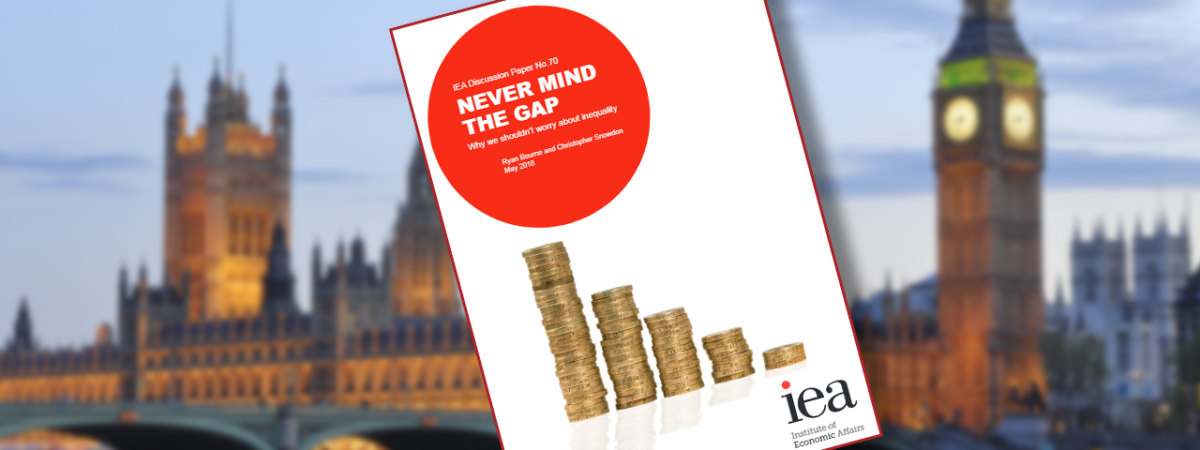Stuck in Brussels: Should transport policy be determined at EU level?
SUGGESTED

Myths and bad logic drive obsession with inequality in UK

Scrap trade agreements to boost free trade

EU transport policies impose heavy costs on taxpayers & consumers for little benefit
- Transport policy is increasingly determined at EU level, with national, regional and local governments heavily constrained by a supranational regulatory framework
- This one-size-fits-all approach has meant regulations have frequently been maladapted to local conditions, and as a result have imposed very large costs on individuals and businesses.
- In some sectors, such as aviation, EU rules may have promoted completion and benefited consumers by reducing protectionist, market-distorting behaviour by member states, such as subsidies for national airlines.
- The European Commission has wasted vast sums on ‘white-elephant’ transport projects where the costs have outweighed the benefits. Loss-making cross-border links have been subsidised to deepen integration, while funding has been targeted at the poorer regions of the bloc rather than locations where economic returns would be highest. Several schemes have been plagued by corruption.
- EU climate change policies have imposed huge costs on the transport sector for little benefit. Rather than simply relying on the European Emissions Trading System (ETS), the EU has pursued a multi-pronged approach to carbon abatement, with the different components of its strategy blatantly contradicting each other.
- The biofuels requirement in petrol and diesel is costing taxpayers and consumers across the EU an estimated €20 billion a year. The policy is not a cost-effective way to reduce greenhouse-gas emissions. It harms the poor in developing countries by inflating food prices and drives deforestation by increasing the demand for products such as palm oil.
- EU directives effectively prohibit full vertical integration on railways. The resulting industry fragmentation is thought to have increased costs by approximately £1.5 billion a year in the UK alone, pushing up taxpayer subsidies. A similarly flawed model is now being imposed on seaports.
- Rather than the top-down structures imposed by the EU, regulatory institutions should be free to evolve from the bottom up, their scale depending on market conditions rather than political diktat.
2016, Discussion Paper No. 71
To read the press release click here.
Fullscreen Mode





